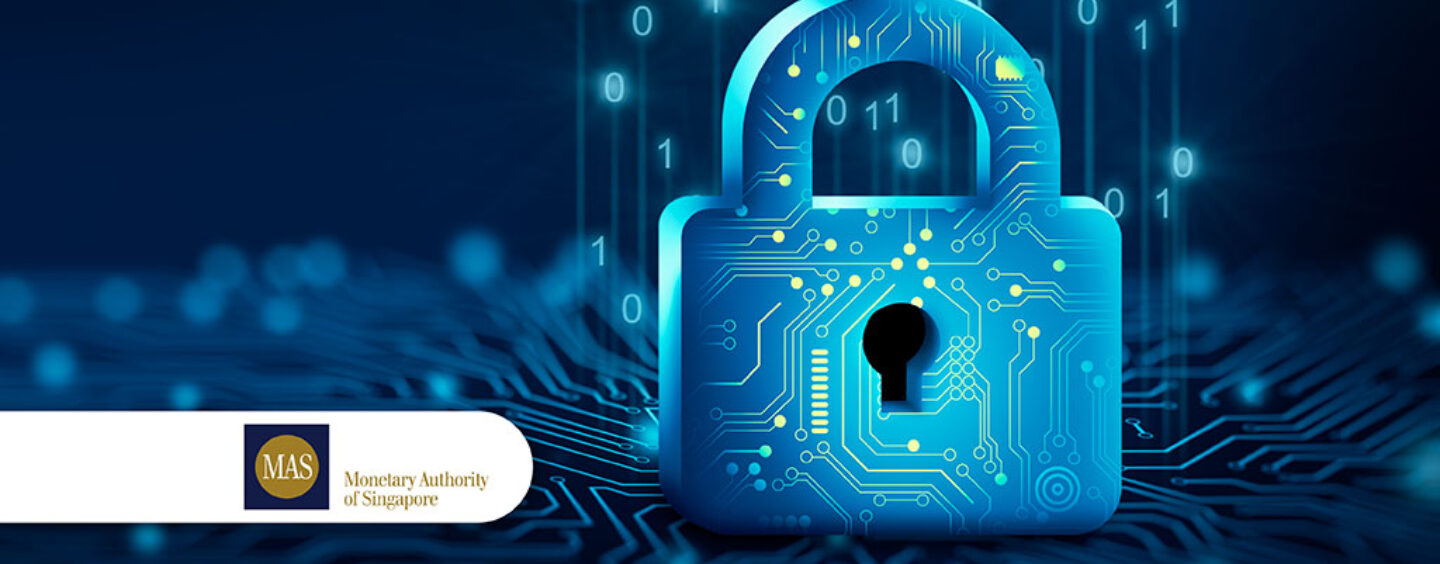
Singapore’s ‘Money Lock’ Safeguards S$3.2 Billion Across 38,000 Bank Accounts
by Fintech News Singapore January 11, 2024Since its introduction its in November, Singapore’s “Money Lock” feature has been activated on approximately 38,000 account holders, with over S$3.2 billion of savings set aside.
This security measure allows customers to isolate a portion of their funds, making them inaccessible for digital transfers, thereby adding a crucial layer of protection against cyber fraud.
This was revealed by Lawrence Wong, Deputy Prime Minister and Minister for Finance and Chairman of the Monetary Authority of Singapore (MAS), in a written parliamentary reply yesterday (10 January 2024).
Further, MAS is not only encouraging other major retail banks to adopt this feature but is also working to heighten consumer awareness of its benefits.
In a broader strategy to combat increasingly sophisticated digital banking scams, MAS is collaborating with financial institutions, industry experts, and government agencies.
Recent initiatives include enhancing banking apps to block access when potentially harmful side-loaded apps are detected, a move that has significantly reduced malware-enabled scams.

Lawrence Wong
Wong’s statement said,
“MAS will continue to work with financial institutions to assess additional measures for higher risk transactions, including those relating to transfers to overseas payees and access of bank accounts from overseas locations.
These and other measures will be rolled out if assessed to be effective.”
MAS and Infocomm Media Development Authority (IMDA) have been working on a Shared Responsibility Framework (SRF) for phishing scams.
The joint consultation paper, released in October 2023, seeks comments on the scope of the SRF, duties of FIs and telcos under the framework, and the approach for payouts for scam losses, among others. The government will carefully take into account these comments when finalising the framework.
Among the proposals outlined is that financial institutions and telcos are expected to bear the full loss, if they fail to discharge their respective prescribed duties to mitigate phishing scams.
However, Workers’ Party (WP) Member of Parliament (MP) Jamus Lim called the framework “fundamentally unfair”. He added that the write-offs would have minimal impact on banks and telcos but “the impact of scams can often be ruinous for the depositor,” according to the Business Times.
To ensure that consumers practice good cyber hygiene, he instead proposed a measure similar to insurance co-payments where scam victims would have to bear a small fraction of the losses – where the limit is set at S$100 or S$500.
Featured image credit: Edited from Freepik





